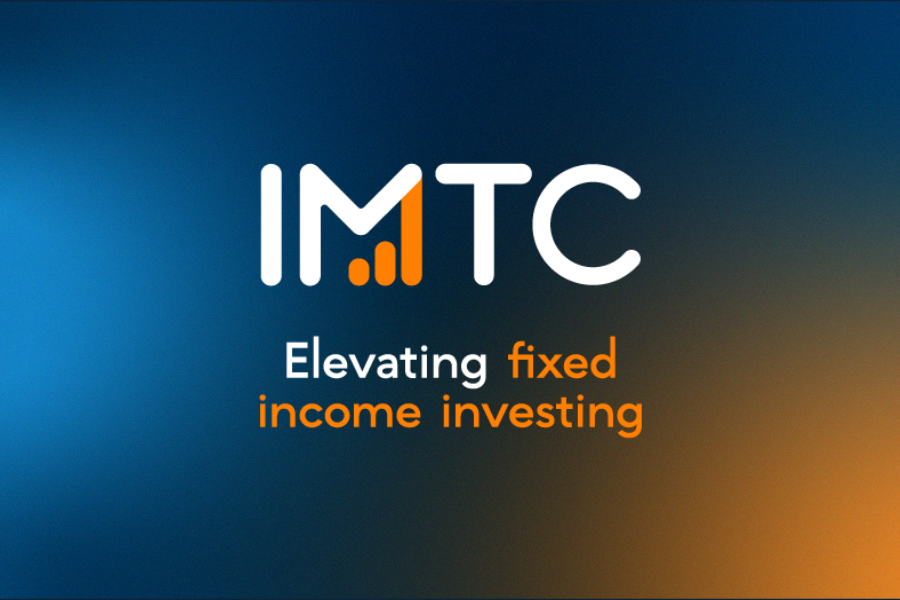Driving Performance: Leading the Digital Transformation Path for Investment Managers

As investment managers seek growth, leading firms are looking to operations to improve performance. While operations may have previously been viewed as a support function, the tides have shifted and many are looking to ops as the strategic growth driver.
According to a recent study, only 25% of investment management firms are successful in growing both profit and margins at the same time. This study found that those who successfully grew profit and margins prioritized technology investments, spending more on tech compared with their counterparts. As increased costs and fee pressure are forcing shops to innovate in order to increase margins, technology is changing the game when orchestrated in the right way.
Agile investment management firms rely on technology
What is the key ingredient of a modern technology stack? Agility. Agility means an organization has the systems and workflows in place to react quickly to market changes, enabling the firm to continuously improve the way it does business. Investments in the right fixed income technology helps asset managers better manage complex processes and, ultimately, boosts performance. When assessing effective technologies, operations should consider ones that enable:
- The ability to grow assets, effectively: Providing a quality investment experience for clients means limiting the number of portfolios for which each PM is responsible. Implementing effective technology systems that remove a PM’s manual or inefficient processes, allows managers to increase their capacity without sacrificing client satisfaction.
- Proactive portfolio management: Managers need visibility into exposures across all their accounts to make informed investment decisions, remain within investment guidelines, and rapidly implement new trades across accounts.
- Enhanced client experience: High-touch, thoughtful client communications and reporting are increasingly leveraged as a differentiator. Firms need technology that enables them to demonstrate their high standards at scale.
- Responsiveness across teams: Embedding collaboration through systems boosts productivity and enables teams to work remotely. Seamless transitions among team members, such as when generating trade ideas, creates a better work environment, and ultimately, better investment decisions.
- A focus on core competencies: Generally, companies outsource difficult or costly functions that aren’t part of its core competitive advantage. Software vendors, and particularly cloud technologies, help eliminate building, maintaining, and/or updating in-house software. Cloud technology also eliminates the use of VPNs for remote access and instead, can be accessed from any location simply through a browser – something of particular importance with the new remote working requirements.
Integrated data as a competitive advantage
Data is at the heart of performance. Firms draw on it to optimize their operations and perfect investment strategies, enabling them to gain unique insights for more precise investment decisions. However, to drive growth, operations needs to orchestrate an integrated tech stack so that data isn’t fragmented amongst different systems.
Data and analytics should be streamlined across front, middle and back office, with one platform that spans the entire investment process. Having one system as the sole source of truth, or IBOR (investment book of record), is important for better alignment and keeping an audit trail. Simultaneously, it reduces reconciliation processes, eliminating errors from manually connecting data from different systems.
As operations builds out their tech stack, an Investment Management System (IMS) enables them to ease workflows by integrating all data and analytics. An integrated, holistic system allows investment managers to make decisions more quickly, especially as portfolios become more tailored to each client.
Technology to enable proactive risk mitigation
Mitigating risk is of the utmost importance to asset managers, whose business is centered around risk adjusted returns. While portfolio managers are responsible for taking calculated investment risks, operations teams are responsible for overseeing organization-wide risks.
PMs need effective tools to ensure that all portfolios are managed in accordance with firm targets and client-specific compliance guidelines. Maintaining unique guidelines for different accounts can become a cumbersome task, especially when portfolios can number in the thousands for a single team. Technologies that marry compliance tracking with optimization tools allow for much quicker identification and resolution for compliance violations.
Outside of investment decisions, shops need to focus on cybersecurity threats, business continuity while working remote, outdated technology challenges, and keyman risk of individual contributors. An operations team that’s continuously maintaining legacy systems, or reconciling manual reporting in the middle office, isn’t able to address the top concerns that could have much more substantial effects on the firm. A proactive and carefully considered approach to technology means operations personnel can focus on ensuring their systems are secure and benefit the business through more high-value initiatives.
Strategic operations executives are forward-looking and take a highly orchestrated approach to transforming the business through technology. The key component is creating a tech stack that embeds performance into an organization – developing agility into its core. Technology should be able to holistically integrate data across the investment management firm and automate manual tasks to enable operation to focus on proactive projects. By driving the right technology investments, operations can unlock profitable growth.
Interested in more information? Reach out to the IMTC team.





